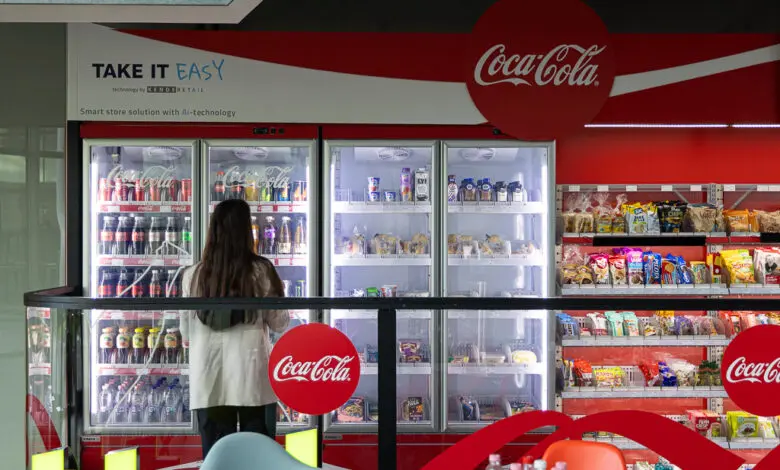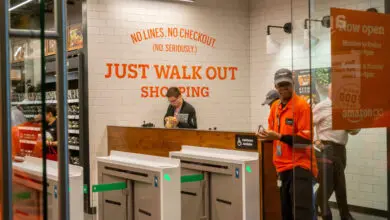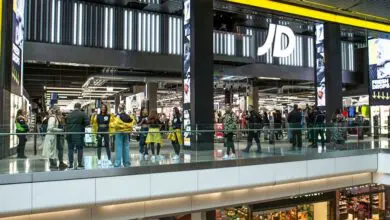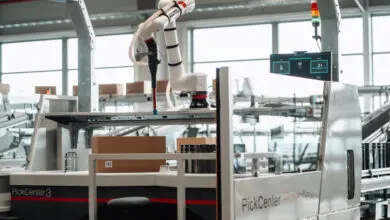Coca-Cola HBC opens scanless stores with Kende Retail in Hungary

Coca-Cola HBC has opened the first of its scanless micro-stores in Hungary. Employees at the headquarters of telephone provider Yettel in the small town of Törökbálint near Budapest can buy drinks sold by the Switzerland-based Coca-Cola bottler, dairy products, ready meals and snacks as well as tinned food and hygiene products.
The technology for the store concept, which does not require staff or tills, is supplied by Budapest-based specialist provider Kende Retail. Its solution, called ‘Take it Easy’, utilises artificial intelligence, computer vision and sensor technology to correctly register sales transactions. Local food retailer Ezmin Hungary operates the store.
The Hungarian subsidiary of the Coca-Cola bottler, which operates in 29 European countries, has planned to open a total of 15 scanless stores within three years. The company plans to invest the equivalent of almost 630,000 Euros in this endeavour. The new business segment is intended to complement the existing vending machine business, with which Coca-Cola HBC already generates the equivalent of more than 125 million Euros in Hungary.
Access via app
For shopping at the smart store, customers need an app to which they link their bank card. To allow entry, the application generates a QR code. When a customer scans this at entrance the gate opens. The software registers the customer and links the person to a virtual shopping basket. If two or more people are shopping together, they can indicate this at entry.
When customers take a product from the shelf, the system identifies the item based on its location in combination with data from weight sensors built into the shelfs and adds it to the shopping basket. The camera also recognises when shoppers put an item back, even if they put it in the wrong place. Once finished shopping, customers can simply leave the store. The system then charges the purchase amount to their bank card.
System provides data on shopping behaviour
During operation, the technology collects data on time spend in the store and customers’ shopping behaviour. The manufacturer assures that the system does not store any facial recognition data. Peoples’ faces are being masked, and the mask cannot be removed later. The application therefore complies with the requirements of the GDPR.




